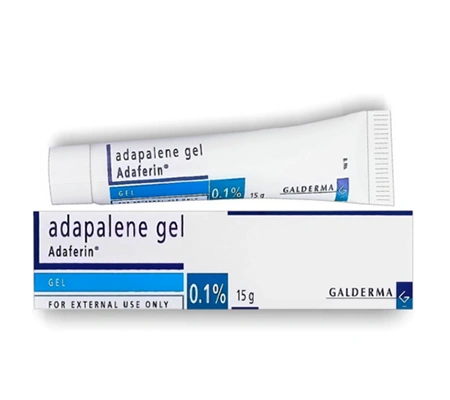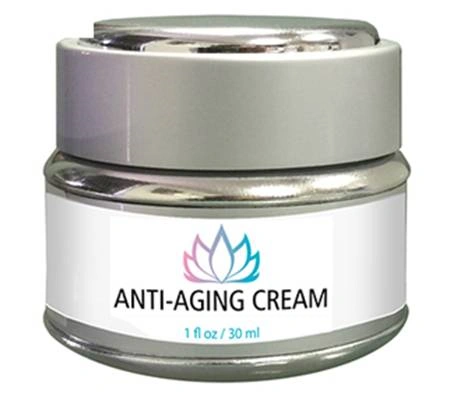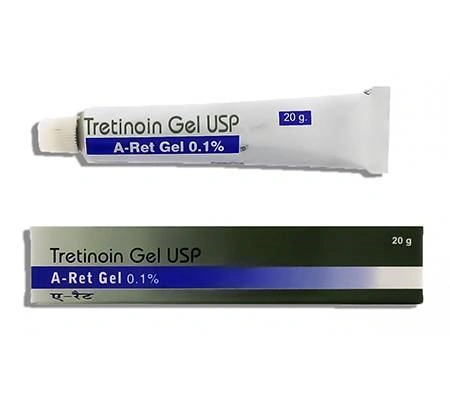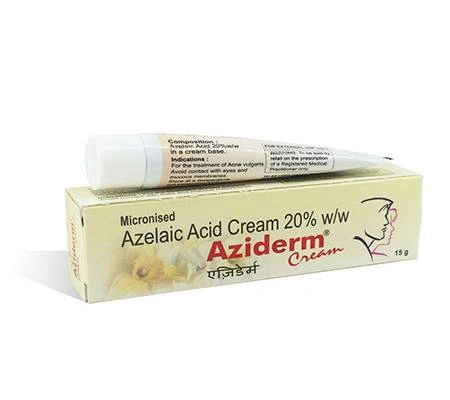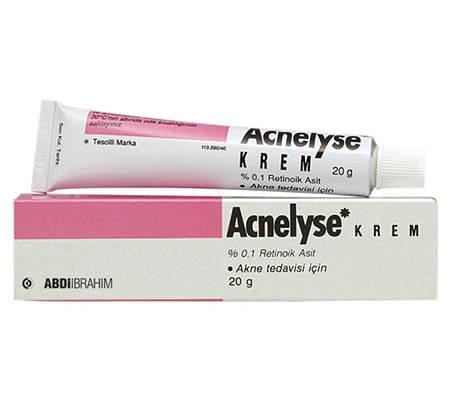
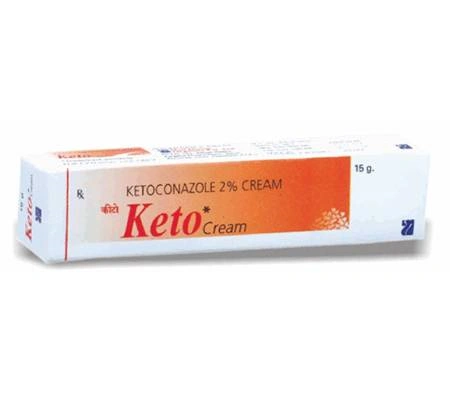
Keto Cream 2% 15 g
Characteristics
Description
Keto Cream is an antifungal medication administered to treat fungal infections when other medications are not available or cannot be tolerated. Keto Cream is advised against using for the treatment of fungal meningitis (fungal infection of the membranes surrounding the brain and spinal cord) or fungal nail infections, prostate cancer or Cushing syndrome. It can harm the liver severely and might result in liver transplant or cause death. Scalp infections such as dandruff and yeast infections of the skin are being treated by this drug.
The most common side effects of Keto Cream are constipation, heartburn, gas, change in ability to taste food, dry mouth, change in tongue colour, insomnia, nervousness numbness, burning, or tingling of the hands or feet, muscle pain, hair loss, flushing, chills, back, leg, or stomach pains, black-tarry stools, bleeding gums, blood in the urine or stools, blurred vision, burning, crawling, itching, numbness, prickling, pins and needles or tingling feelings, change in colour vision (change in the ability to see colors, especially blue or yellow), chest pain, increased sensitivity to light, altered taste, flatulence, hair loss, heartburn, tongue discolouration, tooth discolouration, or constipation.
Keto Cream co-administration is contraindicated with drugs such as dofetilide, quinidine, pimozide, and cisapride. Keto Cream enhances the plasma concentrations of these drugs and possibly prolongs the QT intervals, occasionally leading to life-threatening ventricular dysrhythmias such as torsades de pointes.
Keto Cream interacts with other drugs such as abiraterone acetate, alcohol, alfentanil (HCl), aliskiren, alprazolam, aluminium hydroxide and oxide, amphotericin B, aprepitant, artesunate, astemizole, beclomethasone (dipropionate), bosentan, carbamazepine, cimetidine (HCl), cisapride, corticotropin, cyclosporin A, dabigatran, desonide, didanosine, docetaxel, eplerenone, erlotinib, famotidine, fexofenadine, flunisolide, and indinavir (sulphate). Make sure to consult with your doctor for changing the dose or an alternative composition if absolutely required.
Recommended products for you
-
Retin-A$ 29,40$ 34,5915%
-
Adaferin gel 0.1% 15 g
Differin$ 9,10$ 10,7115% -
Anti-Aging Cream 30 ml
Eye Five Inc.$ 18$ 21,1815% -
A-Ret Gel 0.1% 20 g
Retin-A$ 4,55$ 5,3515% -
Aziderm Cream 20 % 15 g
Azelex$ 6,30$ 7,4115%

